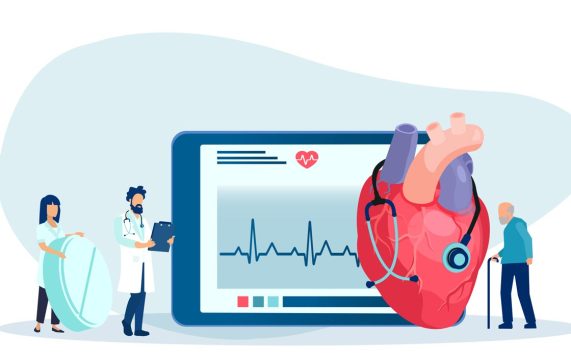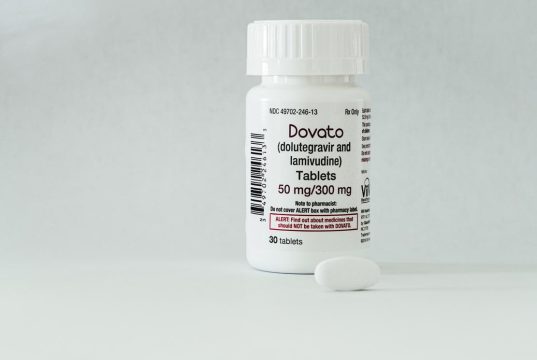Advertisment
Strong statin-diabetes link appears in study

by Bruce Sylvester: A retrospective study of US military health system (Tricare) beneficiary medical records suggests that subjects using statin drugs to control cholesterol are at an increased risk of developing type 2 diabetes. But investigators caution patients not to stop statin therapy solely on the basis of one study.
The study appeared online on April 28, 2015, in the Journal of General Internal Medicine.
“In our study, statin use was associated with a significantly higher risk of new-onset diabetes, even in a very healthy population,” said lead author Ishak Mansi, M.D., of the (US) Veterans Administration North Texas Health System and the University of Texas Southwestern in Dallas.
“The risk of diabetes with statins has been known, but up until now it was thought that this might be due to the fact that people who were prescribed statins had greater medical risks to begin with,” Mansi said.
The authors noted that this study is the first to show the statin/diabetes correlation in a relatively healthy group of people. Subjects included only persons who were free at baseline of heart disease, diabetes, and other severe chronic disease.
The researchers evaluated medical records for the period between October 2003 and March 2012.
From the nearly 26,000 total population of the study, the researchers chose 3,351 statin users and paired them with non-users who had very similar baseline characteristics, based on 42 health and demographic factors. The significant difference between the paired subjects was the use of statins. This enabled the investigators to isolate and specify statin-related effects.
The authors reported that, among 3,351 pairs of matched subjects, those using statins were 250 percent more likely than their non-statin-using partners to develop diabetes with complications.
Statin users were also at a 14 percent higher risk of becoming overweight or obese after initiating statin treatment.
The investigators also reported that higher doses of statins associated with increasing risks of diabetes, diabetes complications, and obesity.
Notably, when the researchers made a comparison between the approximately 22,000 nonusers and 4,000 users, and statistically adjusted outcomes, they made a similar finding. The statin users were more than twice as likely to develop diabetes.
“No patient should stop taking their statins based on our study, since statin therapy is a cornerstone in treatment of cardiovascular diseases and has been clearly shown to lower mortality and disease progression,” Mansi said. “Rather, this study should alert researchers, [clinical] guideline writers, and policymakers that short-term clinical trials might not fully describe the risks and benefits of long-term statin use for primary prevention.”
He continued, “I myself am a firm believer that these medications are very valuable for patients when there are clear and strict indications for them. But knowing the risks may motivate a patient to quit smoking, rather than swallow a tablet, or to lose weight and exercise. Ideally, it is better to make those lifestyle changes and avoid taking statins if possible.”





